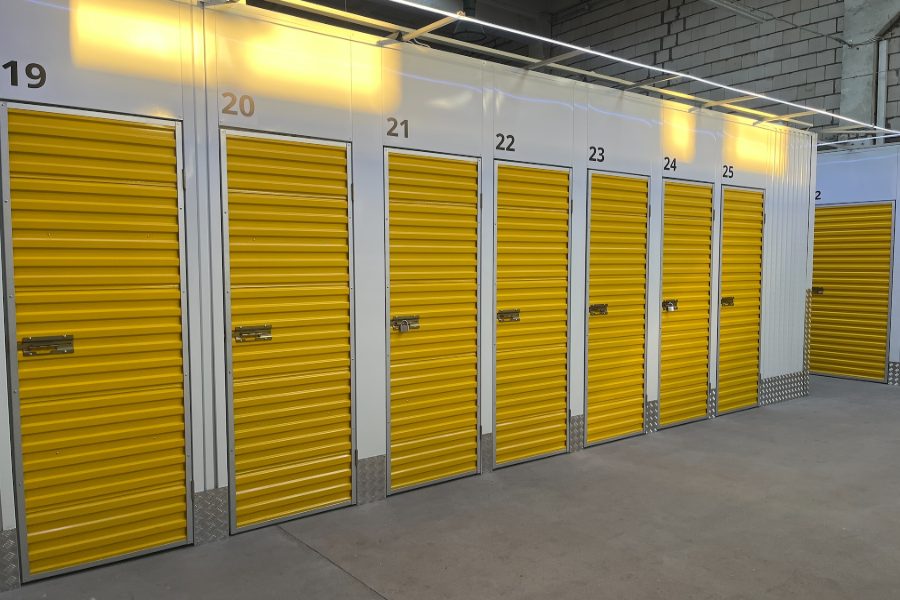

The self-storage unit industry is experiencing significant growth in the United States, driven by changing consumer behaviors and the need for additional space. In the past five years, self-storage companies have added more than 265 million square feet of rentable space around the country. [a9c625cc] Nearly 1 in 5 Americans now rent storage space away from home, according to real estate data firm Yardi Matrix. The industry has expanded rapidly, with storage spaces now offering a different look and amenities like drive-through access and security cameras. The growth of the industry has been driven by factors such as increased demand during the pandemic, cheap capital for investors, and the American economy's reliance on consumption. However, some markets now have too much storage space, leading to rising delinquency and vacancy rates. [a9c625cc]
The expansion of the self-storage industry reflects a shift in the way people manage their personal and work spaces, influencing real estate markets and urban planning. Storage units bring tangible economic benefits to communities by attracting more traffic and indirectly leading to the development of new businesses. They also create job opportunities, from customer service representatives to construction workers, contributing to the local employment pool. Storage units are increasingly meeting the unique needs of small businesses, offering flexibility and cost savings. They provide a space to store inventory and support logistical needs, enabling businesses to scale up or down without long-term commitments. Case studies demonstrate the practical benefits and strategic advantages of storage solutions for businesses, such as cost savings and operational efficiency. The utilization of storage units aligns with the trend of businesses seeking sustainable and efficient operations. Overall, the self-storage unit industry plays a significant role in the American economy, supporting businesses, creating jobs, and contributing to local economies. [ed3e513e]